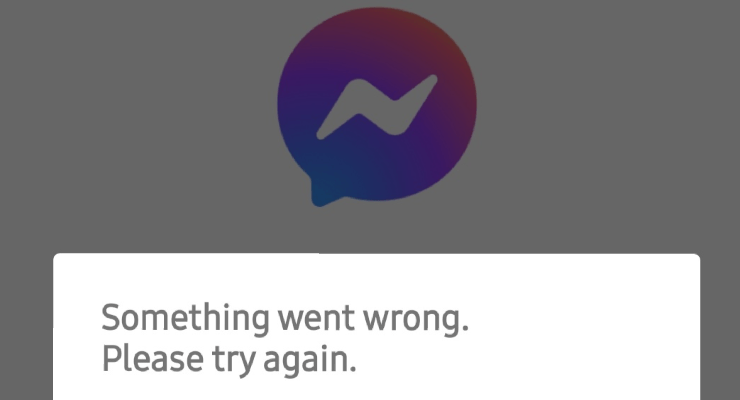
Facebook’s newsfeed has started refreshing, Instagram stories are posting and WhatsApp messages are being delivered. But today’s hours-long global outage of Facebook’s smorgasbord of services will have a lasting impact — and one that comes at a bad time for the company.
In the past few weeks, the tech giant has gone through its worst period since the Cambridge Analytica scandal more than three years ago.
The Wall Street Journal released its Facebook files, a bombshell investigation revealing internal documents that prove the company knows more about the harmful effects of its services than it’s letting on: from Instagram making teens’ mental health worse, to facilitating crime around the world, to being used to promote vaccine hesitancy.
This was followed up by the interview of former Facebook employee-turned-whistleblower Frances Haugen on the US’ 60 Minutes yesterday, Australian time. In the prime-time broadcast, Haugen shared how she saw Facebook internally chose to prioritise its growth and profit goals over fixing misinformation or polarisation.
“The thing I saw at Facebook over and over again was there were conflicts of interest between what was good for the public and what was good for Facebook,” she said. “And Facebook, over and over again, chose to optimise for its own interests, like making more money.”
These revelations — combined with the drumbeat from American and European Union regulators — mean the company is under intense scrutiny from the public and politicians. The big tech backlash is coming for Facebook. The question is what will governments do.
So what’s this got to do with an outage? It appears Facebook’s problems are due to an internal error and not a nefarious hacker. Technical outages for a company its size are rare but not unheard of. In 2019, Facebook had an outage for 24 hours. In short order, any idea of unreliability will be a distant memory.
The real impact of the outage is how it brings another point into stark relief: that a lot of the world relies on communication infrastructure provided by one company completely controlled by one man.
More than 3 billion users use Facebook’s services. A significant subsection of those rely on their service for more than posting selfies or liking memes. There are parts of the world where Facebook’s services are the internet — as in, that’s what most users see as the entirety of online life. In countries like Brazil, WhatsApp is the de facto phone network: users almost exclusively call and message through it. Crikey wrote about how the Taliban in Afghanistan listed WhatsApp numbers on official communications.
There’s no more obvious way to prove the weakness of an arrangement that allows one man to control multiple global communication services than a technical snafu that takes them all down at once, bringing individuals, businesses and even governments to a standstill.
And there’s evidence that the company has actually made its services more vulnerable. In 2019 it combined the infrastructure of Messenger, Instagram and WhatsApp in a way that many speculated was to pre-empt attempts to break them up.
An unwitting result is that Facebook has given regulators around the world another compelling reason to do just that.








so a corporation has been found to prioritise profits over the welfare of people … well i’m shocked, SHOCKED!
Sorry to hear that the outage was due to ‘an internal error’ rather than a hacker. I was hoping Zuckerberg had met his match.
My understanding was that a decade ago as smart phones took off, Facebook was already losing younger subscribers but gained many older and middle aged users, though many are not tech savvy nor highly educated.
The latter cohorts have become the target of astroturfing of climate and Covid misinformation, plus alt/far right groups; in other words Facebook infrastructure has become central to aggressive political messaging of the right e.g. the US GOP, Trump etc. with algorithms to fit…. (It’s why one thinks comparing Facebook with Google (or Alphabet services) under the umbrella of BigTech is false equivalence).
Meanwhile, one is aware in Europe that many middle aged and younger use platforms for mostly cheap telephony/messaging i.e. use SIMs with mountains of cheap data (only), which are available to service those who use (multiple) platforms for communication.
The original internet was designed to be resilient to natural disasters, war and nuclear attacks. It had distributed resources and multiple path routing to avoid damage.
I saw the rise of IPV6 as a way of every person on the planet being connected with their own IP address, as well as gadgets etc…. and I saw the fall of IPV6 with the rise of Facebook and Google… with its centralized infrastructure prone to attack and damage. See what has come of it?
I weep for what could have been.
One can only imagine how Tim Berners-Lee feels.
Meanwhile, the rest of the internet just kept on working; those of us who have no need of Mr Zuckerberg’s ghastly offerings can continue on normally…